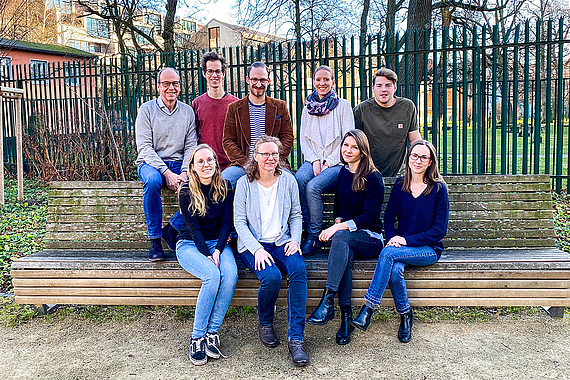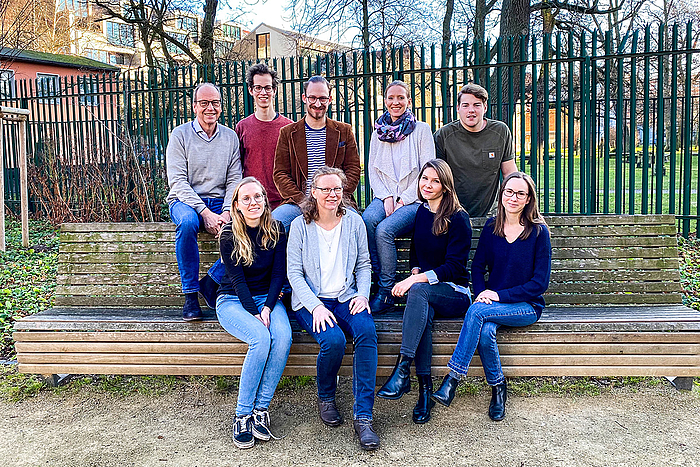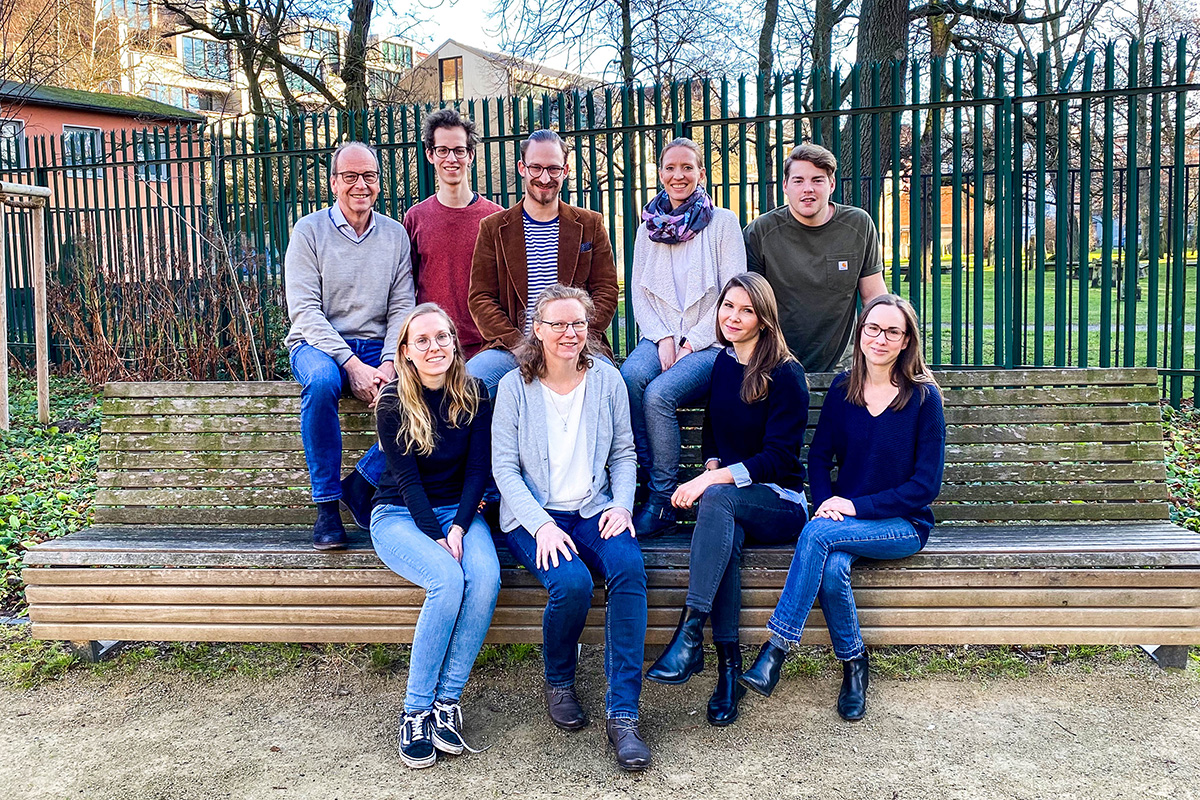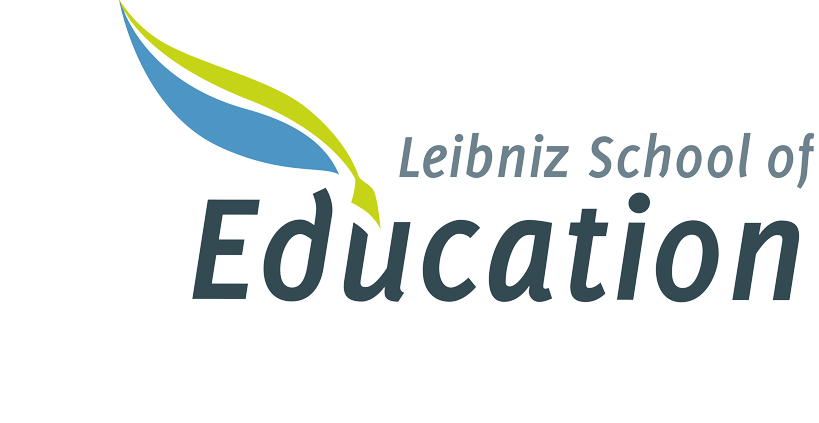-
Literature
![]()
![]()
![]()
Cf. Werning, R., Mackowiak, K., Rothe, A. & Müller, C. (2017): Die inklusive Grundschule – eine Empirische Analyse von Gelingensbedingungen und Herausforderungen. Emp. Pädagogik, 31,3, S. 323-339
TASKS AND CHALLENGES OF INCLUSION IN TEACHER EDUCATION STUDIES
Inclusive education poses a fundamental challenge for the German education system. The introduction of the inclusive school has a variety of effects on teacher education and acquisition of professional competences in the handling of differences in schools and lessons.
With the reform of teacher education, work is being done on the development of joint offers in inclusive education for students of different form of schooling. In the course of which, in summer semester 2020, a lecture will start under the direction of Prof. Dr. Rolf Werning:
"Digital Learning Landscape: Inclusive Education". It is obligatory for all teacher education programmes and is based on the basic competences of the Master's regulation for all teacher education degrees in Lower Saxony.
In addition to the joint digital lecture, in-depth courses in the newly created elective area of the Bachelor's degree programmes are offered in all teacher education programmes.



SHORT OVERVIEW OF THE LEARNING LANDSCAPE



In the summer semester 2020, students will work on eleven topic blocks. In concrete terms, this means that the students 1. look at all eleven topic blocks in the learning environment, 2. work on the assignments contained in the eleven topic blocks in both individual and group work, and 3. discuss and reflect on the results of the group work phases in weekly webinars.
In addition to the content blocks, the joint discussion in a virtual seminar room - a webinar - in which the students are supported in their learning by tutors is of central importance.



The learning support within the framework of the webinars, which is covered by tutors, is based on students in the 5th semester of the Bachelor of Special Education. The support is offered here via the advanced module I.
The future tutors will not only be familiarised with the subject contents but also with the technical requirements, which mainly refer to the learning management system ILIAS and the handling of the software of the webinar. A training by ZQS/Key Competences qualifies the future tutors in so-called soft skills. Questions about how a well-structured process looks like or how to communicate appropriately and provide appreciative feedback are the focus of the tutorial jump-start.
THE TEAM BEHIND LEARNING LANDSCAPE



The team behind “Digital Learning Landscape: Inclusive Education” consists out of staff from Subject Areas Inclusive School Development (Management: Prof. Dr. Rolf Werning, Staff: Tjark Neugebauer, Felicitas Kruschik and Fabian Steves (Assistant)) and German as a Second- and Educational Language (Management: Prof. Dr. Anja Binanzer; Staff: Kristin Tschernig, Janina Behr and Silke Schunack). Media didactic expertise is provided through ZQS/Elsa; the LSE supports the structural composition of the Learning Landscape and different subject areas help in designing it.
The photo shows the contiributors from left to right: Rolf Werning, Felicitas Kruschik, maximilian Tietz, Sylvia Feil, Tjark Neugebauer, Jana Pflughoft, Kristin Tschernig, Janina Behr and Fabian Steves in January 2020.
CONTACT PERSONS
30159 Hannover
30159 Hannover
30159 Hannover



